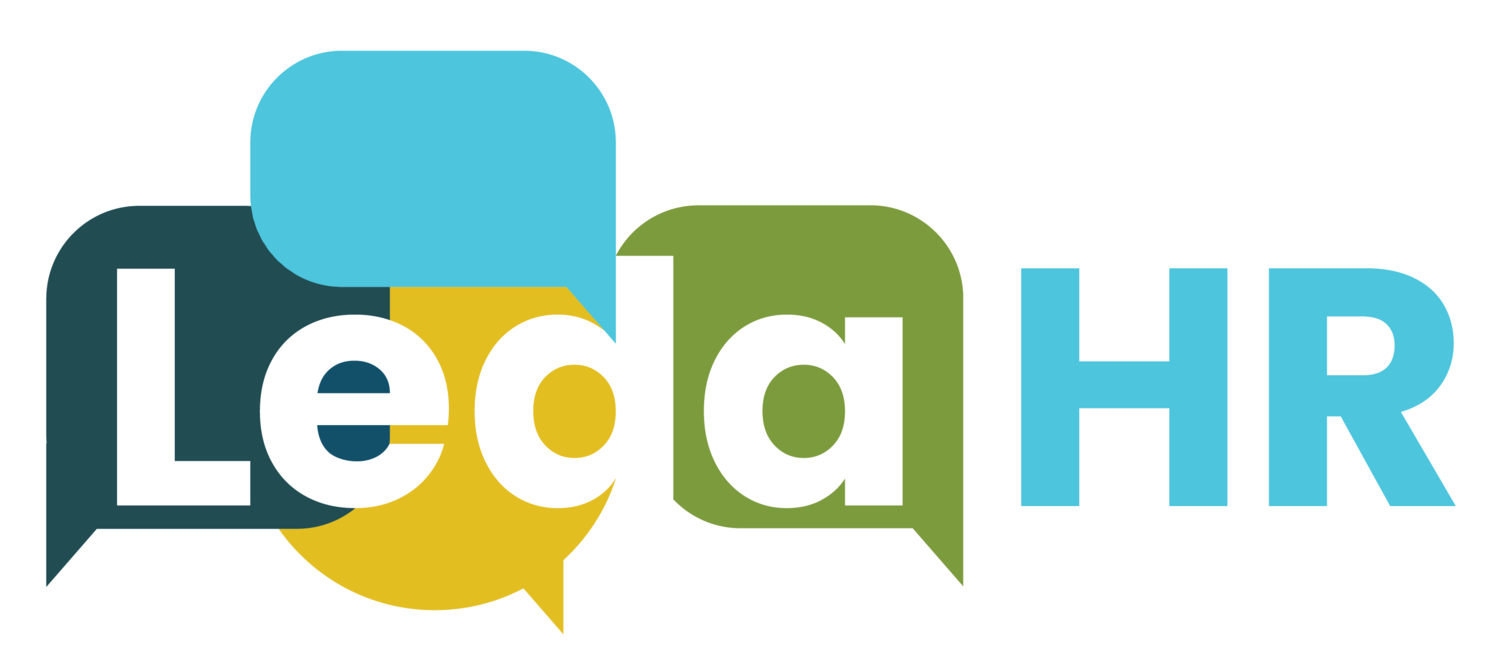Why Values and Inclusion Matter in Future-Proofing your Business
As a small business owner I, like so many others, am considering how this global pandemic will shape my work in the future. The thing that I go back to time and again is this: what do I value most? What messages do I want to send with my work and the type of business that I want to shape, not just to ride out this temporary time, but when we all enter a new normal?
The big questions that I seem to ask myself these days are:
What does the future hold?
What path should I take?
I asked my friend and colleague, Greg Tooke, Founder of Light Trail Consulting, for his thoughts. As a business strategist and owner of a certified B Corp he not only advises organizations on sustainability and strategy, he lives and works by his own values. Here are his reflections on our current situation...
When we get through this pandemic, what then? How will things recover and what will be the personal choices people make as they reflect back on this period of time (…or possibly with what becomes the new normal)?
Highlighted in an article in the Harvard Business Review recently, was the recognition that our thoughts and behaviours are currently being overwhelmed by a threat that is creating significant uncertainty. Added to that we have very little ability for us to individually control the situation and limited understanding that what we are doing is actually having an effect, as success means something doesn’t happen (prevention). This means it is difficult for us as humans to make good decisions if they are focused on the here and now.
What guides the most successful people and organizations is a clear focus on values driven decision-making. This is something that endures over the longer term, irrespective of more immediate impacts. It is also something that can be shared and supported in our society, which brings additional strength.
If we learn any lessons once we get through this…and we will…then resilience will likely be a key aspect of people’s thinking following this crisis. With that comes the realization that robust supports are needed and that collaborative, engaged groups create strong networks. Decisions now are being made in a world focused on triage, and even in that context, values driven decisions are shining. These will be the ones that win through based on the fact that they are shared by many people and organizations alike, creating a committed and united support network.
The real impacts being felt by a lot of organizations are those that are due to significant changes and the need to adapt to a new approach, but for some organizations this transition and adaptation is being made easier due to existing values driven principles that have been in place for a long time to help employees.
As an example, remote working, flex schedules, wellbeing initiatives and other measures that allow people to better manage their work with family life have been introduced by organizations that value people and how to help them. However, those organizations that are now being forced into this type of arrangement to keep their businesses going are finding it more difficult as the primary motivator is not values, but retaining a semblance of productivity. The lesson to learn from organizations that implement supportive practices due to their values as highlighted by B Corps in this article is that this works for both people and the organization’s business.
If we take another example from the perspective of the consumer; even before the crisis there was a rising trend for people and organizations to consider values in their purchasing decisions. Whether from the perspective of valuing the environment, worker conditions, or community involvement, there is a growing awareness that is leading action to investigate the organization and ensure they are values aligned prior to purchasing from them. Shopping your values, or social purchasing is a growing theme, especially among younger consumers - those that are actually much more plugged in to seeing the immediate results of poor decision-making through their social networks. Organizations will need to be more and more aware of this if they are to stay relevant.
There will be many mistakes made during this crisis, and it will no doubt prove the fragility of many parts of our society. Ultimately though, focusing our organizations around the people and remaining values driven in our decision-making is the right thing to do. It also builds support, is defensible and is focused on the longer term, which helps grow successful businesses and non-profits. Good business is good for business.
I’m sincerely hopeful that one constructive outcome this crisis brings is a realization that being driven by your values and continuously considering the human aspects of decision-making not only builds resilience, but also has many other positive impacts on our lives over the longer term. As people root their decisions in their values, it builds stronger connections that grow broad support networks that add strength to individuals and organizations alike.

